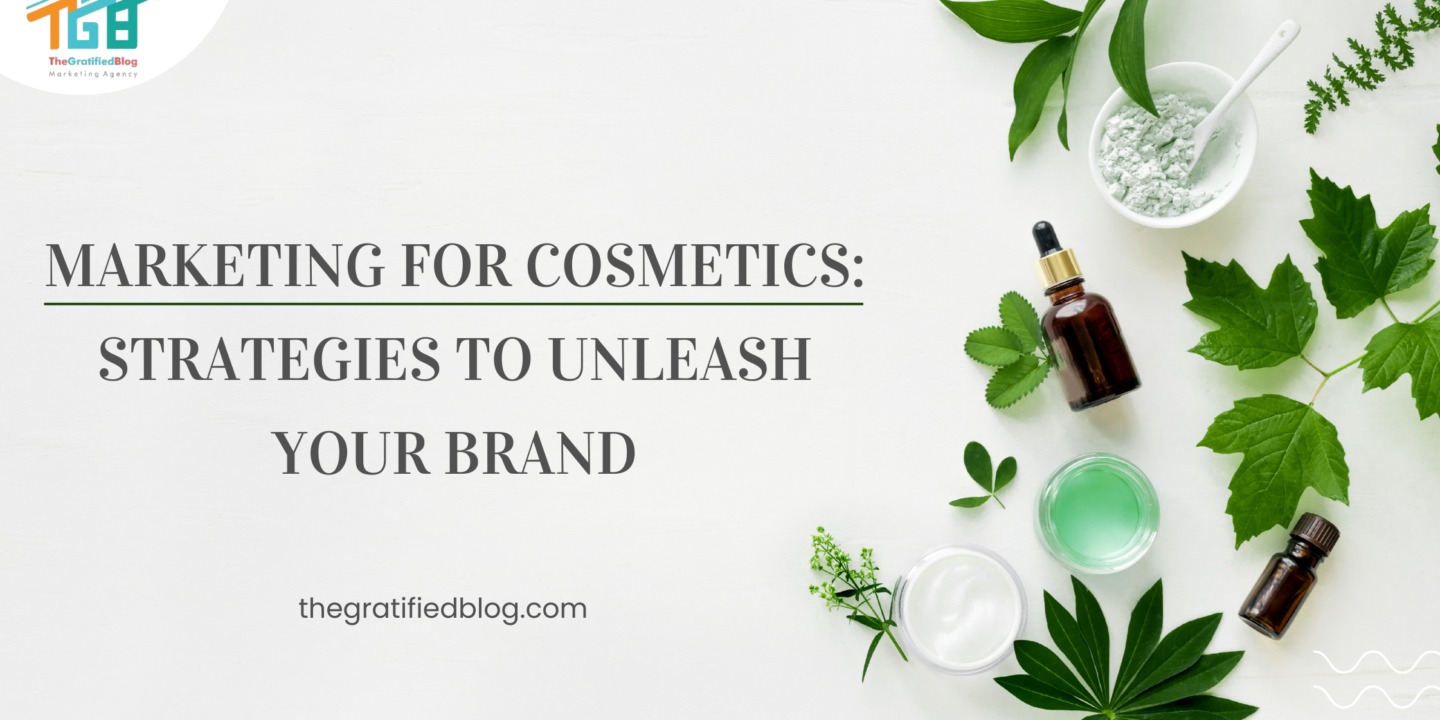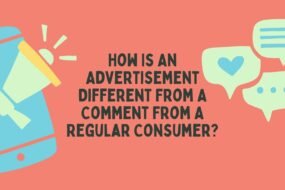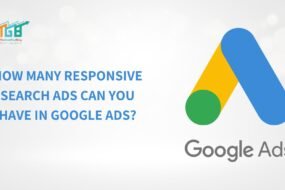
Marketing plays a pivotal role in defining success in the dynamic world of beauty and skincare. From captivating packaging to persuasive campaigns, the marketing realm for cosmetics is as diverse as the products themselves.
In this blog, we delve into the intricacies of cosmetics marketing, exploring strategic approaches that align with ever-evolving trends and consumer preferences. Whether harnessing the allure of social media influencers or crafting compelling narratives that resonate with target audiences, cosmetics marketing is a fusion of artistry and strategy aimed at igniting the desire for beauty innovations.
So, let’s delve into the strategies for tapping into market potential and achieving brand excellence in the dynamic realm of cosmetic marketing. But first, let’s grasp the significance of marketing for cosmetic brands.
Why Marketing For Cosmetics Brands Is Essential
- Brand Visibility and Recognition: Marketing Plays an essential role in enhancing the visibility and establishing recognition for cosmetics brands. Through strategic advertising, social media campaigns, and collaborations with influencers, brands can expand their reach to a broader audience and build a robust presence in the competitive cosmetics industry.
- Product Differentiation: Effective marketing helps cosmetics brands differentiate their products from competitors. Branding unique features, benefits, and ingredients can attract customers looking for specific solutions or experiences, fostering loyalty and repeat purchases.
- Building Trust and Credibility: Consistent and transparent marketing efforts build consumer trust and credibility. Brands that communicate their values, ingredient sourcing, and product quality through marketing initiatives are more likely to earn the trust of discerning customers, leading to long-term relationships and positive word-of-mouth.
- Driving Sales and Revenue: Marketing campaigns are designed to drive sales and increase revenue for cosmetics brands. Whether through promotions, discounts, or limited edition releases, strategic marketing tactics encourage customer engagement and prompt purchase decisions, ultimately boosting the bottom line.
- Staying Relevant and Competitive: In the fast-paced cosmetics industry, staying relevant and competitive is essential for long-term success. Marketing helps brands stay ahead of trends, adapt to changing consumer preferences, and innovate their products and messaging to remain competitive in the dynamic market.
Having grasped the significance, let’s delve into the strategies employed in marketing for cosmetic brands.
Strategies For Implementing Marketing For Cosmetic Brands
- Define Your Cosmetics Products for Target Audience and create Awareness for Your Cosmetic Company
- Create a Searchable Website
- Promote Your Cosmetics Products on Social Media
- Launch A Referral Program and Loyalty Program
- Collaborate with Beauty Businesses and Influencers
- Create Regular Blog Content
- Spend on Paid Promotions
Now, let’s understand each of them:
Tailor Your Cosmetics For Your Target Audience And Raise Awareness For Your Brand

Begin by defining your cosmetics products in detail, including their benefits, ingredients, and unique selling points. Conduct market research to understand your target audience’s preferences, demographics, and purchasing behaviour. Tailor your marketing efforts, messaging, and branding to resonate with this audience, emphasising how your products meet their needs and solve their beauty concerns.
Once you’ve defined your products and audience, focus on creating awareness for your cosmetic company. To reach your target market, combine digital and traditional marketing channels, including social media, influencer partnerships, PR campaigns, and events.
Develop compelling content that showcases your brand story, values, and expertise in the cosmetics industry. Consistent and strategic branding across all touchpoints will help build recognition and trust among consumers, ultimately driving brand awareness and customer acquisition.
Create A Searchable Website

A user-friendly and searchable website is crucial for effectively marketing your cosmetic brand. Ensure your website is optimised for search engines (SEO) with relevant keywords, meta descriptions, and engaging content. Provide detailed product information, high-quality images, and customer reviews; utilise testimonials to establish credibility and drive conversions.
Implement e-commerce functionalities that make it easy for customers to browse, select, and purchase your cosmetics products online. Ensure your website is mobile-friendly to attract traffic and enhance the user experience. Incorporate call-to-action buttons, email subscription forms, and live chat support to facilitate customer engagement and lead generation. Consistently refresh your website with fresh product promotions and offer blog content to keep visitors engaged and encourage repeat visits.
Leverage Social Media To Promote Your Cosmetics Products

Utilise social media platforms like Instagram, Facebook, TikTok, and Pinterest to showcase your cosmetics products and engage with your audience. Develop a consistent posting schedule and create visually appealing content such as product tutorials, before-and-after transformations, user-generated content, and behind-the-scenes glimpses of your brand.
Also, leverage hashtags, stories, reels, and live streams. Enhance visibility, expand audience reach, and stimulate engagement traffic to your website or physical stores.
Engage with your followers by acknowledging their comments, running contests, hosting Q&A sessions, and collaborating with beauty and micro-influencers.
Use social media analytics tools to monitor performance metrics and customer feedback and refine your marketing strategies based on insights and trends. Incorporate social media advertising campaigns to amplify your reach, target specific demographics, and effectively promote new product launches or seasonal promotions.
Partner With Beauty Businesses And Influencers

Forge strategic partnerships with other beauty businesses, retailers, salons, spas, and influencers to expand your reach and tap into new customer segments. Collaborate on co-branded products, exclusive collections, joint events, and cross-promotional campaigns to leverage each other’s audiences and enhance brand visibility.
Identify influencers and beauty experts who align with your brand values, target audience, and aesthetics. Generate compelling and authentic content that connects with your audience.
Engage in influencer marketing campaigns where influencers showcase your cosmetics products, share their experiences, and encourage their followers to try your brand. Leverage influencer-generated content for social media, website features, and email marketing to amplify your brand’s credibility and social proof. Establish long-term relationships with key influencers and beauty partners to foster ongoing collaborations, endorsements, and brand advocacy within the beauty community.
Create Regular Blog Content

Keep an active blog on your website to publish valuable content, beauty tips, tutorials, product reviews, industry insights, and trends related to cosmetics. Create a content schedule featuring topics that appeal to your audience target audience’s interests, concerns, and search queries. Optimize your blog posts for SEO. Incorporate pertinent information: Utilize keywords, meta tags, and internal links. Enhance search engine visibility and draw organic traffic.
Create engaging and informative blog content that educates, entertains, and inspires your readers, positioning your brand as a trusted authority in the cosmetics industry. Encourage reader interaction through comments, shares, and subscriptions to build a community around your brand and drive engagement.
Share your blog content via social media, email newsletters, and other platforms. Collaborate with industry experts, influencers, and beauty bloggers to expand your reach and establish thought leadership in the cosmetics market.
Spend On Paid Promotions

Dedicate a segment of your marketing budget to paid promotions to amplify your reach, target specific audience segments, and accelerate brand awareness for your cosmetics products. Invest in pay-per-click (PPC) advertising campaigns on search engines like Google and Bing, targeting keywords related to your cosmetics products, beauty trends, and customer needs.
Utilise display ads, retargeting campaigns, and shopping ads to capture the attention of potential customers. Drive specific visitors to your website or landing pages. Discover social media advertising avenues like Facebook. Ads, Instagram Ads, and Pinterest Ads to promote your cosmetics products to highly targeted audiences based on demographics, interests, behaviours, and engagement with your brand.
Leverage advanced targeting options, ad formats, and placements to maximise ad visibility, engagement, and conversion rates. Track and assess the effectiveness of your paid advertising campaign promotions using analytics tools to optimise ad campaigns, adjust budgets, and refine targeting strategies for optimal ROI and marketing effectiveness.
Future Outlook For Marketing For Cosmetics Brands
Emerging Trends And Future Prospects For Cosmetics Marketing
- Sustainability and Ethical Practices: With increasing awareness about environmental issues and ethical concerns, consumers are gravitating towards sustainable and eco-friendly cosmetic products. Brands prioritising sustainability in their manufacturing processes, packaging, and ingredient sourcing will likely gain a competitive edge.
- Digital Transformation: The cosmetics industry is significantly shifting towards digital marketing strategies. Virtual try-on tools, augmented reality experiences, and personalised recommendations based on data analytics are becoming mainstream, offering consumers a more immersive and tailored shopping experience.
- Inclusivity and Diversity: There is a growing desire for inclusive beauty offerings that address a range of skin tones, gender identities, and cultural backgrounds. Brands that embrace diversity in their marketing campaigns and product offerings are poised to attract and Expand their customer reach and cultivate a feeling of inclusivity.
Evolution Of Marketing Strategies And Consumer Expectations
Marketing strategies will become more personalised and data-driven as the cosmetics industry evolves. AI and machine learning will be critical in analysing consumer behaviour and preferences, allowing brands to create hyper-targeted campaigns.
Consumer expectations are also shifting towards transparency, authenticity, and engagement.
Customers want to know the story behind the products they buy, including sourcing ingredients, manufacturing processes, and social impact initiatives. Brands that communicate transparently and engage with their audience authentically will likely build stronger brand loyalty.
Furthermore, the rise of social commerce and influencer marketing will continue to influence purchasing decisions. Beauty influencers and user-generated content will remain powerful tools for showcasing product efficacy and creating buzz around new launches.
Overall, the future of marketing for cosmetics brands will be characterised by innovation, sustainability, inclusivity, and a deep understanding of consumer preferences and values. Brands that embrace these trends and adapt their strategies will thrive in a dynamic and competitive market landscape.
FAQs
Q1. What are the critical elements of a successful cosmetics marketing strategy?
A. A successful cosmetics marketing strategy includes defining target audiences, creating compelling product stories, leveraging social media influencers, implementing omnichannel campaigns, and measuring performance metrics for continuous optimisation.
Q2. How can small cosmetics brands compete with larger competitors in marketing?
A. Small cosmetics brands can compete by focusing on niche markets, building authentic customer relationships, leveraging user-generated content, utilising cost-effective digital marketing channels, and emphasising unique selling propositions that connect with their intended audience.
Q3. What role does sustainability play in cosmetics marketing?
A. Sustainability is increasingly essential in cosmetics marketing and influences consumer purchasing decisions. Brands can showcase eco-friendly packaging, cruelty-free practices, ethically sourced ingredients, and environmental initiatives to Appeal to mindful consumers and set themselves apart in the market.
Conclusion
Considering your understanding of marketing for cosmetics brands, why not apply these strategies to grow your cosmetic brand and observe the results they can drive? By leveraging the abovementioned strategies, you can effectively target your audience, enhance your brand’s visibility, and increase sales. Embracing these tactics can lead to a more prosperous and competitive presence in the cosmetics market, propelling your brand towards sustainable growth and success.
However, if you still have any questions about the blog, feel free to leave them in the comment section below the blog. We’ll be delighted to respond.
Thanks for reading 🙂








No Comments